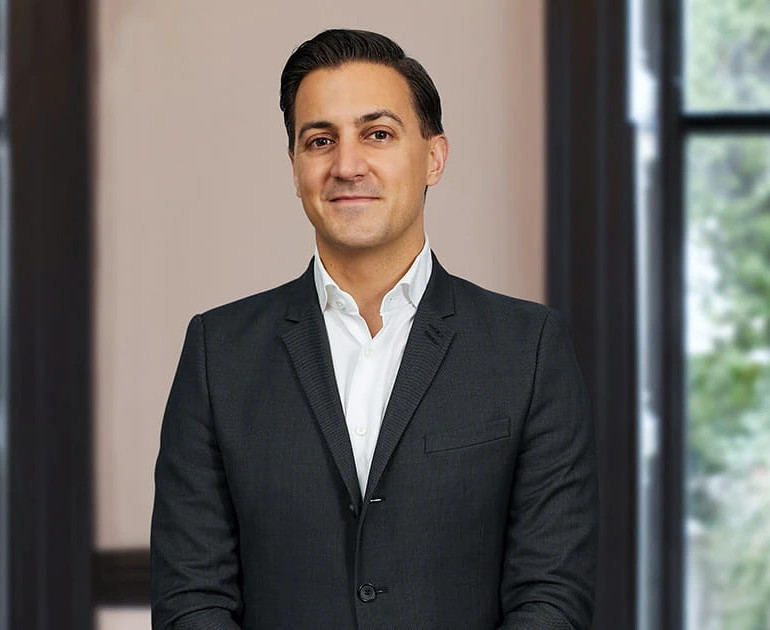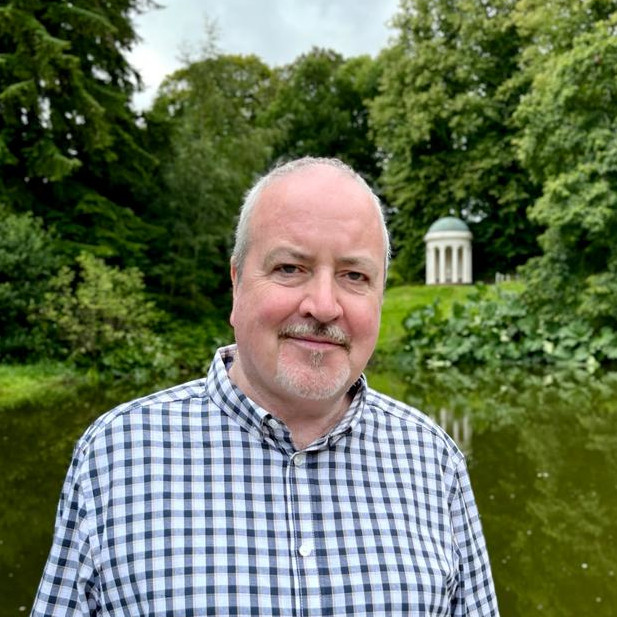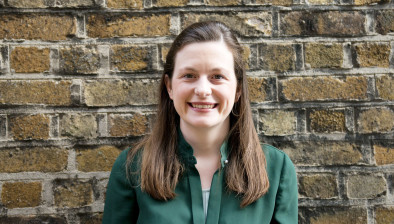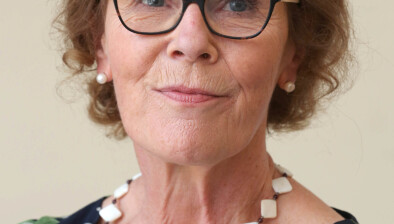Lawyer of the Month: Dannie Hanna

Dannie Hanna
It’s a long way — in every sense — from swimming in the sea off Australia’s fabled Bondi Beach to a dive into the dramatically more glacial waters off Sandycove, south-east of the city of Dublin.
Dannie Hanna, a senior member of Taylor Wessing’s corporate team, has however shown himself to be eminently adaptable. His career has ranged from working on the civil law aspects of missing persons to his current role as of counsel in Taylor Wessing’s Dublin office.
In April this year the firm, which reported global revenue of €514 million in 2022/23, relocated its Irish office to Fitzwilliam Square, encouraged by growing demand from clients in all practice areas.
There he specialises in advising domestic and international clients across both public and private M&A transactions, joint ventures, capital raisings, restructuring and corporate governance issues.
The firm first launched its Dublin office in September 2021, headed by Adam Griffiths, previously a member of the firm’s private equity group. Mr Hanna joined two years ago, after having been a senior associate at Arthur Cox, where he had initially undertaken his traineeship.
“When I did my traineeship I found I really enjoyed the transactional aspects of work and had a natural inclination toward cross-border M&A,” he says.
Mr Hanna is certainly used to transcending borders himself. “I’m from Co Clare and went to the University of Galway, though I was born in the United Arab Emirates to a Lebanese father and an Irish mother,” he explains.
“While some people were going to Irish college during the summer, I was going to Beirut — so I always had an international perspective on things which I carried through when I went to the University of Cambridge to do a master’s degree.
“The learning experience itself was fantastic but what I especially enjoyed was the multicultural peer group of classmates and it was just a matter of time before I went into cross-border, multi-jurisdictional work.”
Ultimately, he adds, we increasingly live in a global economy and he believes that Ireland is uniquely positioned to benefit from that. “We see a lot of American and pan-European clients and while other areas of law are naturally more domestic-focused, M&A gives you the ability to do that international work while based in Ireland.”
His studying of different jurisdictions goes back, he recalls, to two years spent as a legal researcher at the Law Reform Commission, where he was the principal legal researcher on the consultation paper and report on the Civil Law Aspects of Missing Persons.
In particular, his research focused on how other countries, such as Australia and Canada, approach the challenges of how the law interacts with the practical aspects of missing persons (e.g. issuance of death certificates, grant of probate and other areas that have become more complicated over the years with the introduction, for example, of the GDPR).
It is, he says, satisfying to know that aspects of area he worked on at the Commission have had results — such as that families of individuals who are missing and presumed dead have since October 2019 been able to legally declare them as such without having to wait seven years, following the passage of the Civil Law (Presumption of Death) Act in the Oireachtas.
Lawyers are expected to be adept at negotiation, but when it came to moving to Australia, he admits the deal was a relatively simple one. “My wife is a doctor and had felt for some time that she wanted to work abroad, so the decision to trade Ranelagh for living beside Bondi beach wasn’t too hard to reach,” he smiles.
He joined Allens, one of the major law firms in Australia. “A couple of other Irish lawyers who I’d known from Dublin also joined top-tier Australian firms and I think we were as highly regarded as any other lawyers in the firms,” he says.
“While Irish people like to work hard, they also don’t take themselves too seriously — which I think goes down well out there.”
Mr Hanna has not, he says, any family antecedents in legal circles. “I was always an avid reader and enjoyed digesting large volumes of text and as I came up through secondary school, I discovered economics and accounting.
“So, by a process of elimination and a combination of being able to condense information and an interest in business, when I decided to study for a law degree I was convinced it was the right one for me.”
It has proved felicitous: Mr Hanna has acted on some of the highest-profile transactional work in both the European and Australian markets for clients who range from venture capital and private equity funds, publicly-traded companies and state/semi-state bodies to private companies, angel investors and family offices.
He also recently worked as senior group legal counsel for the world’s largest betting and gaming company, focusing on M&A and treasury functions.
Among other significant transactions, he worked with Taylor Wessing partner Paddy Quinlan earlier this year advising European venture capital firm Molten Ventures on its recommended all-share offer for Forward Partners and related £55 million fundraising.
The move brings 43 new, early-stage, disruptive technology companies into the Molten portfolio and highlights Mr Hanna’s experience in the new technology sector, which also extends to Taylor Wessing client the Appeals Centre Europe (ACE).
This is a new Dublin-based, out-of-court dispute settlement body established to resolve disputes on social media platforms and which will initially decide cases relating to Facebook, TikTok and YouTube in the EU.
“It’s great that the Appeals Centre Europe has decided to locate in Ireland and represents a milestone for online regulation of social media platforms,” Mr Hanna says. “It gives users that extra layer of protection when they feel that a social media platform hasn’t given a decision in their favour or to their satisfaction on a content dispute.”
Social media companies, he adds, still have an obligation to users to have fair and transparent policies and application of the rules in terms of content disputes — but Appeals Centre Europe is very much seen as a body that can be accessed after the social media user has gone through that process.
In a global firm with more than 1,200 lawyers in 17 jurisdictions, is there a risk of a lawyer’s individuality being overlooked? “I see it more as a network of individuals who are willing to work together across the various offices in a number of ways,” says Mr Hanna.
“One of our strengths is that we work collaboratively with clients and colleagues across multiple jurisdictions. And I notice that some of our junior lawyers — while developing their personal brand — are learning from their colleagues across these jurisdictions and progressing more quickly than they would in a smaller, standalone firm without that input from international colleagues and clients.”
Undeterred by the move from Sydney to Sandycove, Mr Hanna’s colleagues know where to locate him in the early hours. “It will either be a CrossFit session or a dip at the Forty Foot” (given literary fame in James Joyce’s Ulysses).
This is, he says, a daily practice that’s an open joke in the office — and refreshing evidence that Irish lawyers do not indeed have to take themselves too seriously to be successful.









